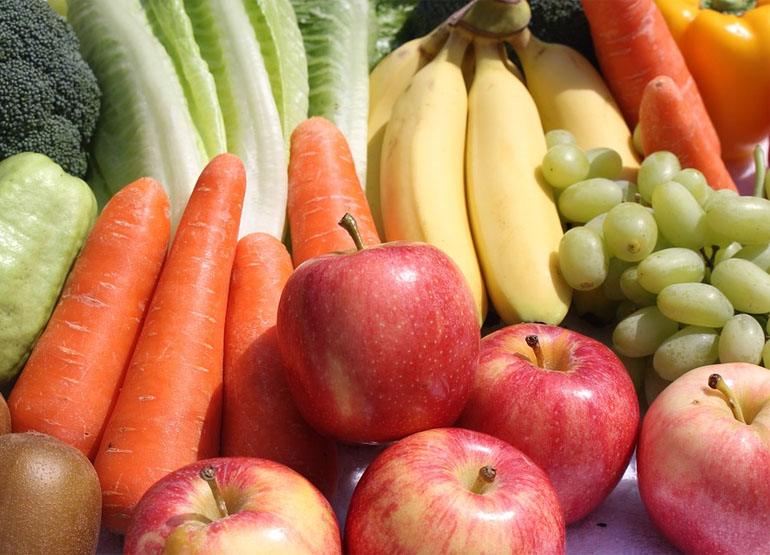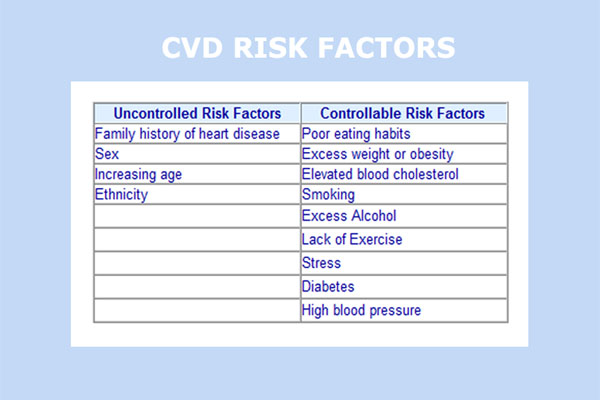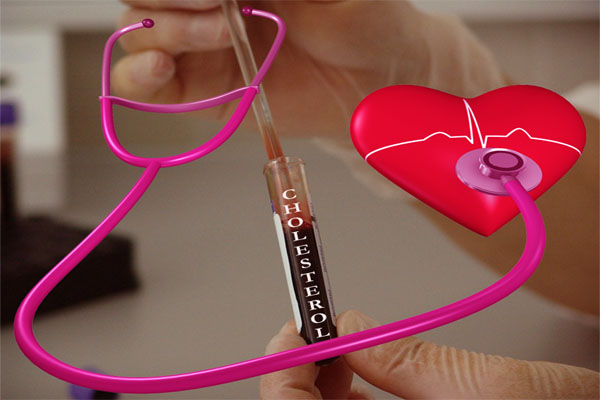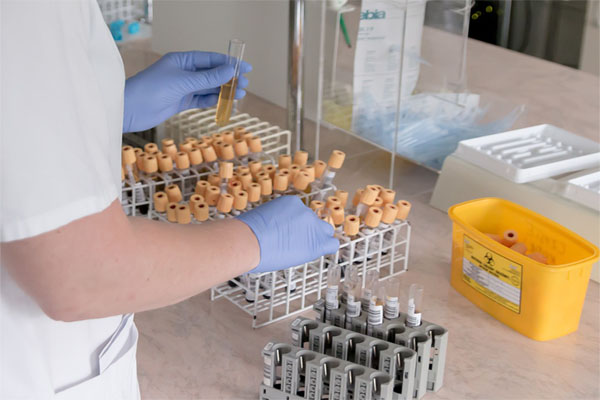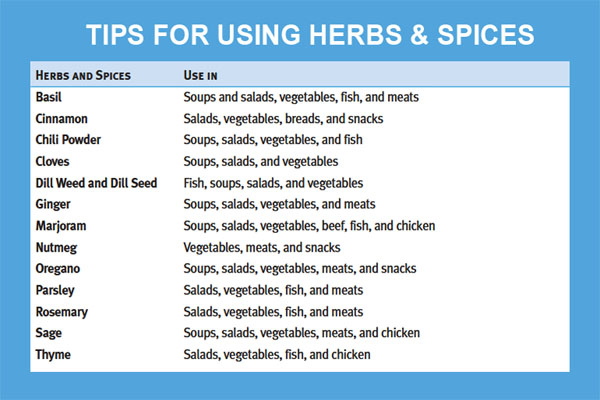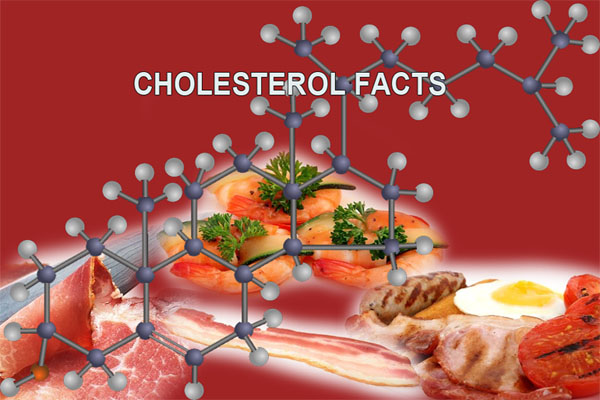Health Pages
Proper Nutrition
Proper Nutrition
TAKING CHARGE OF YOUR HEALTH
Food is important to our physical well-being; it provides nutrients required to produce energy, tissue growth, repair, and regulation of our body and its function. Food is also important to the well-being of our spirit. In addition, a sound dietary practices are needed to maintain high-level health.
Physiologically, proper nutrition with nutrients like: carbohydrates, fats, protein, vitamins, minerals, dietary fibre and water are ESSENTIAL, which means, they must be consumed in adequate quantities on a regular basis.
Most people seldom think about the importance of proper nutrition and unfortunatelly, not all people eat a balanced diet based on a variety of foods. So, where do you start? The answer is simple LEARN and CHANGE FOR THE BETTER.
CHANGING FOR THE BETTER
It is very likely that you can improve your dietary health and reduce the risk of developing disease by learning and implementing healthy dietary practices.
Ways to Improve Your Nutritional Health:
 Drink More Water
Drink More Water
 Eat More High-Fibre Foods
Eat More High-Fibre Foods
 Eat Less Sugar
Eat Less Sugar
 Use Less Salt
Use Less Salt
 Eat Less Fat
Eat Less Fat
 Enjoy a Variety of Foods
Enjoy a Variety of Foods
 Achieve and Maintain a Healthy Body Weigh
Achieve and Maintain a Healthy Body Weigh
 Limit Alcohol and Caffeine
Limit Alcohol and Caffeine
 Implement Food Safety
Implement Food Safety
 Know Your Activity Requirements
Know Your Activity Requirements
Did You Know?
RomWell Health Pages - Disclaimer
Our pages are created to provide medically accurate information that is intended to complement, not replace or substitute in any way the services of your physician. Any application of the recommendations set forth in the following pages is at the reader's discretion and sole risk. Before undergoing medical treatment, you should consult with your doctor, who can best assess your individual needs, symptoms and treatment.Learn More:
It doesn't take much to start living healthier life...

